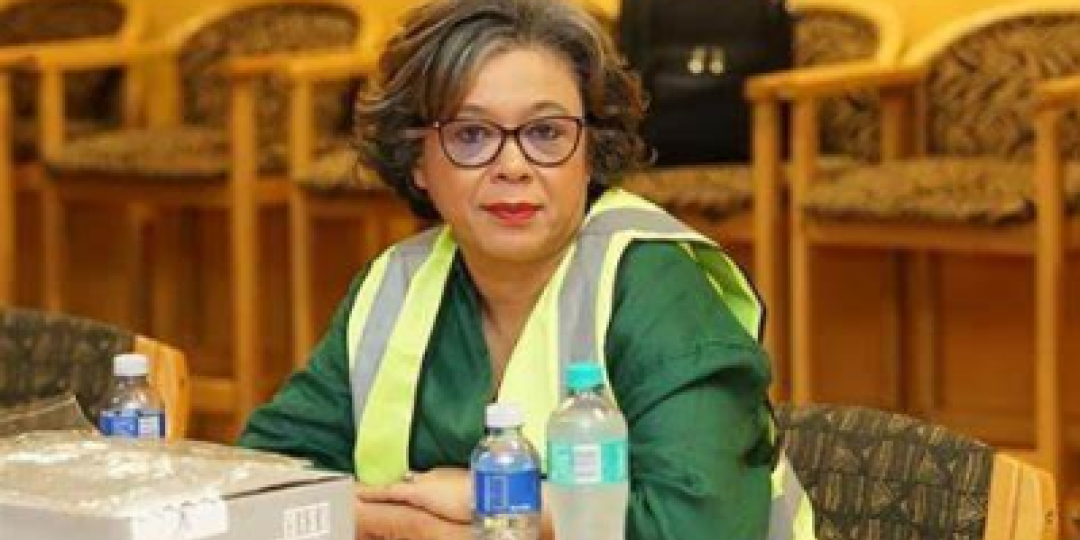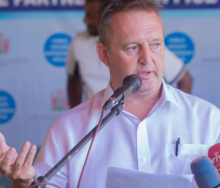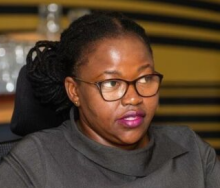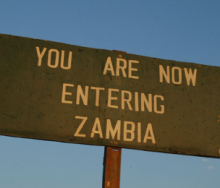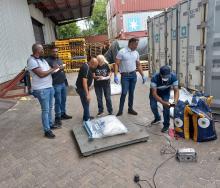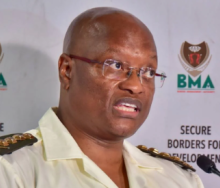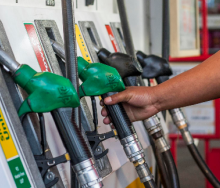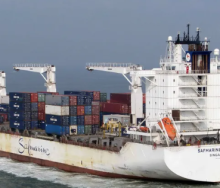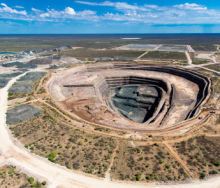Expressions of support and a sense that at least a semblance of faith in South Africa’s state-owned logistics utility has been restored continue to come in following last week’s announcement of Michelle Phillips as the permanent Group CEO of Transnet.
Elvis Harris, president of the Chartered Institute of Logistics and Transport of SA, said the organisation was pleased that the process of change at the top had been concluded.
Even more so, he said Ciltsa backed Public Enterprises Minister Pravin Gordhan’s decision to confirm Phillips’ tenure in a position where she had been caretaker CEO since October last year.
“She has a wealth of experience in the Transnet environment in her various roles over the years that she can bring to bear in her role as GCEO.
“We wish her and her team everything of the best with the critical matter of the turnaround of Transnet.”
Harris added that reports in the media suggested that she had already made some progress in several key areas.
He said it was good news for Transnet and the country.
Gavin Kelly, CEO of the Road Freight Association, said that while the RFA acknowledged the valuable insights that Phillips had to offer through extensive experience at Transnet, there was an urgent need for transformative change within the organisation.
“We believe collaboration with the private sector is essential to revitalise our logistics chain and prevent further economic decline.”
The appointment comes at a time when port and rail logistics in neighbouring countries such as Mozambique have surpassed South Africa, and where efficiencies have turned the Port of Maputo into the best-run port south of the Tropic of Capricorn.
Roelof van Tonder of Africa Deployments remarked that Phillips faced a tough task, especially in light of investments in multimodal logistics in Mozambique.
He pointed out that the new investments in Mozambique's railway infrastructure were not surprising.
“What is noteworthy is that they have financed R 2.5 billion of the investments from their own financial resources.
“Partnerships between Portos e Caminhos de Ferro de Moçambique and the private sector have a long history in Mozambique. This includes the Nacala corridor (Vale), the operations of the ports of Beira and Quelimane (Cornelder), and, of course, the Maputo Port (MPDC), which has recently announced major investments.”
